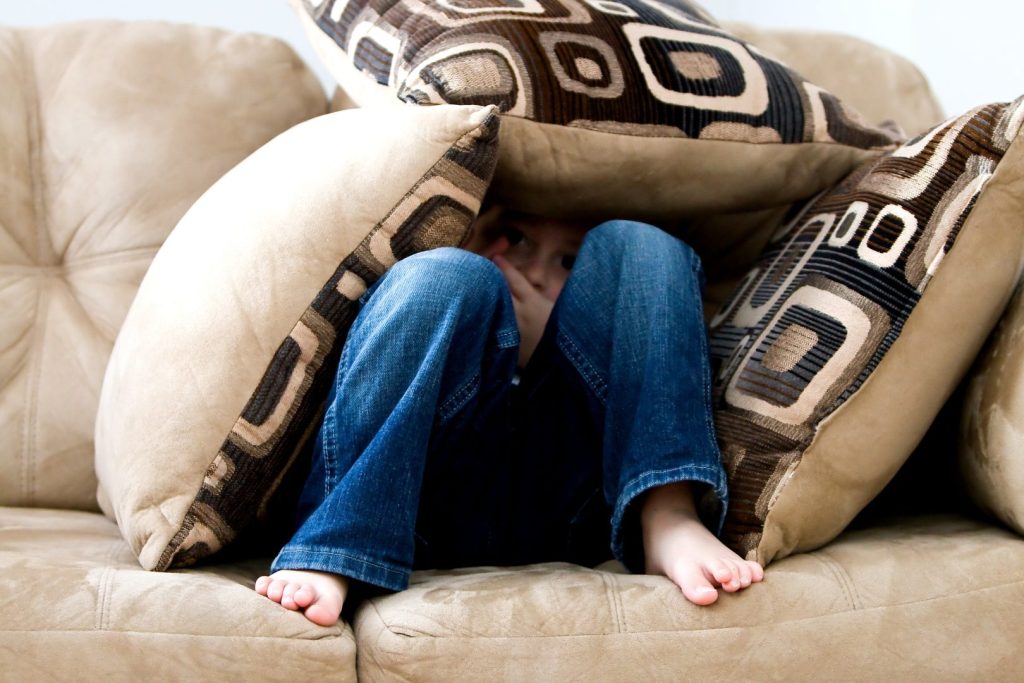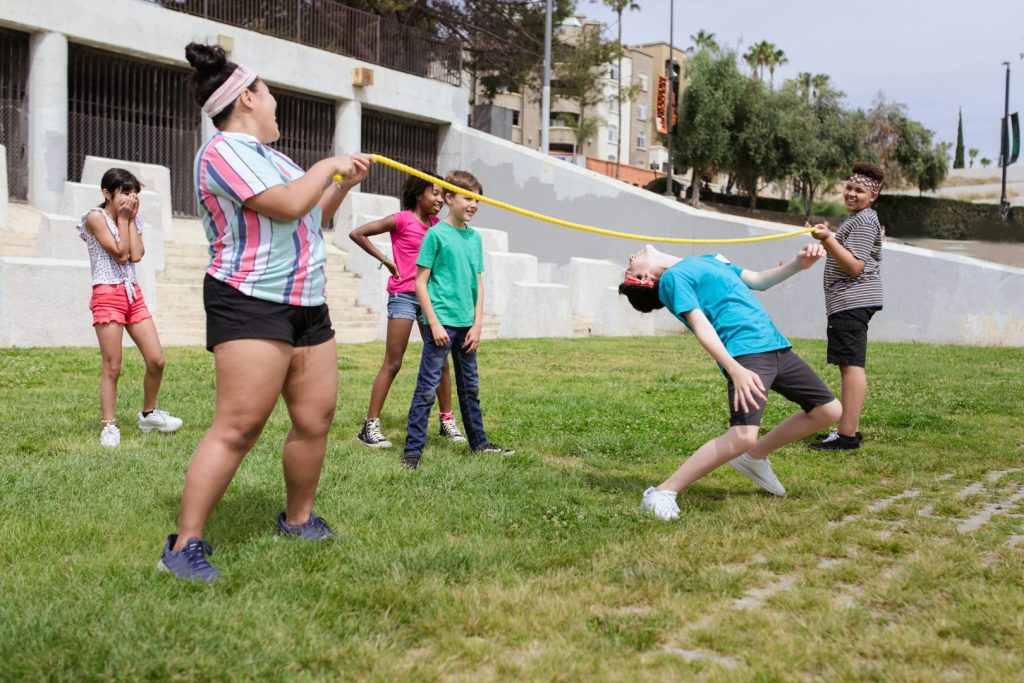In today’s flexible world, different parenting styles have prevailed among families. Professional, intellectual, and emotional skills define our personalities, but raising a child is our biggest achievement.
Creating a person with solid character and values demands pure love, enormous effort, and a lot of time. Parenting is all about questioning ourselves and constantly thinking about whether we make right or wrong decisions.
So, in this article, we’ll go over the 4 types of parenting styles and their effect on our children’s development.
Understanding Parenting Styles
Are you too pushy, too strict, or too friendly? Too demanding or not? Let’s find out the different parenting styles and resolve the dilemmas.

What are Parenting Styles?
Parenting styles are systems of behaviors, emotions, expectations, and attitudes that parents use to raise their children.
According to proven clinical and developmental psychologist Diana Baumrind, there are 4 types of parenting styles- permissive, authoritative, neglectful, and authoritarian.
The way parents interact with their children and how they discipline them affects their emotional, academic, and personal performance.
Many factors affect parental styles, including maturity, emotional stability, socioeconomic environment, mental development, etc.
Types of Parenting Styles
Authoritarian Parenting Style
This parenting style is rather demanding, with strict rules and expectations. We can easily say that this is the most hardcore parenting style.
Parents don’t discuss the rules and decisions with their children and only expect their children to follow them.
Children need to respect the given command and parents’ high expectations. This parental style includes a lack of flexibility and often hinders children’s social development.

The authoritarian parenting style is beneficial for providing safety due to the small risk of children engaging in risky behavior.
On the other hand, children raised by this parenting style are shy and withdrawn, with low self-esteem and low decision-making skills.
They can’t accept failure, suffer, and develop anxiety. Usually, these children show disrespect to authoritarian people in the future.
Authoritative Parenting Style
This parental style is based on warmth, patience, communication, and interaction with children. Authoritative parents spend time with their children and encourage open communication and discussion.
Parents set rules together with their children and embrace their autonomy. The fundaments of this parenting style are trust, respect, rules for good behavior, and positive discipline.
The effect of this parental style is raising children with independence in decision-making and high self-esteem.

Children raised by authoritative parents accept failure as a normal process of learning and facing challenges.
Their high social skills and low parental pressure makes them almost immune to stress, anxiety, depression, or conflict.
Permissive Parenting Style
This is a very loving and nurturing parental style where children are equal to their parents. Parents allow their children to feel free and make decisions on their own.
Children have permission to do whatever they want, have low parental control, and have little to no discipline.
The lack of limits in behavior makes these child-parent relationships look like friendships. Here are some long-term effects that a permissive parenting style has on children:
- Children are not motivated to accomplish their goals because nobody is expecting that from them;
- They develop low problem-solving and decision-making skills because their parents don’t set rules or guidelines;
- Children can easily stumble into addictions, such as drugs, cigarettes, and alcohol;
- Children develop unbalanced habits;
Neglectful Parenting Style
This parental style, also known as uninvolved parenting, includes a lack of parental interest and involvement in children’s needs, dreams, and concerns.
Neglectful parents are not supportive and emotionally attached to their children. This parental style negatively affects children’s physical and mental health and development.

Children tend to isolate themself and struggle to make friends. They are very impulsive and have low self-control. Also, they have a higher risk of developing depression and other mental problems.
Comparing Parenting Styles
Let’s make a short summary of the different parenting styles to compare them and their effects on children’s development:
- Authoritarian– extremely commanding parents that raise shy, introverted, stressed, and anxious children;
- Authoritative– warm, patient, and supportive parents that communicate with children and are involved in every decision that raise strong, self-confident, and successful children;
- Permissive– very loving, tender, and nurturing parents that don’t interfere in children’s decisions;
- Neglectful– uninvolved parents that don’t show interest in children’s physical and emotional needs;
I think we can’t really raise a dilemma here. We can all agree that the authoritative parenting style is the best, and other studies support this claim as well.
The Role of Culture and Context
Studies show that each unique parenting style comes from the set of values that the culture in which the family lives nurtures.
But culture isn’t the only factor. The socio-economic environment also affects parents’ way of thinking and raising their children.
These contextual factors also develop sets of values that parents will use to raise future adults.

What is the Best Parenting Style
Every family has a unique set of values. So, parents should adapt their parenting style according to their and their children’s liking.
Parents should analyze their strengths and weaknesses and implement their strong sides when raising a child.
In other words, there is no parenting style that works the same for every child. This means that the best parenting style depends on your family’s needs, time, and your child’s character.
And there is always help. For example, our website, The Digital Parents, on which you are reading this article, offers a great helping hand for parents all around the world!
Conclusion
Parenting includes never-ending communication, support, love, respect, rules, care, and discipline (quite a long list right).
Children depend on us and our choices. Make proper choices and be present in your children’s life. Children deserve the best of your attention, love, and affection. They deserve the best of YOU!
FAQs (Frequently Asked Questions)
What is the best parenting style?
Without dilemma, the best parenting style is the supportive, authoritative parenting style.
How can I transition to a different parenting style?
Firstly, you should adapt yourself to the new set of values, and then transfer those values to your children.
Can a parent practice more than one parenting style?
Yes! Most parents are a mix of different parenting styles.
Can parenting styles change over time?
Yes, they can. Everything changes over time and parenting styles can be adapted to better suit your children’s age.
How does a child’s temperament interact with parenting styles?
Children can be disrespectful and not accept their parents’ suggestions.
ALSO READ: How Can I Teach My Child About Responsible Online Shopping







